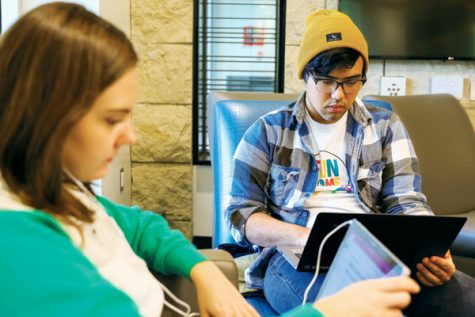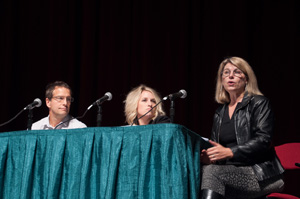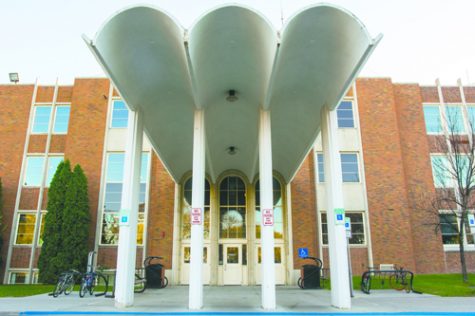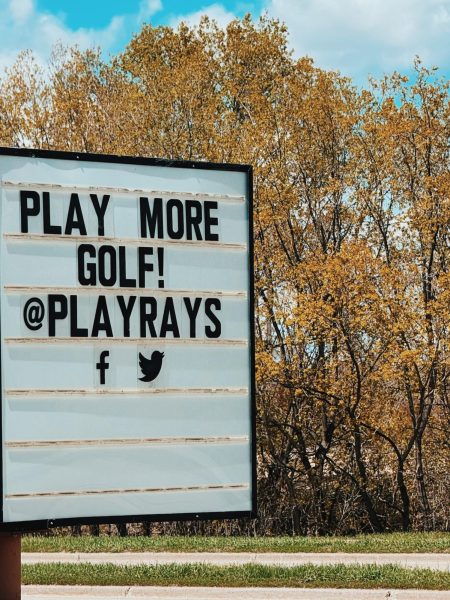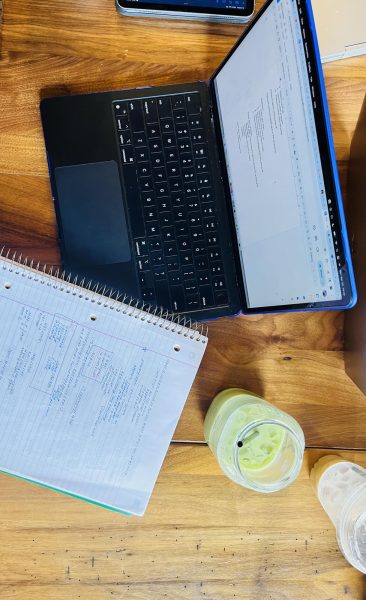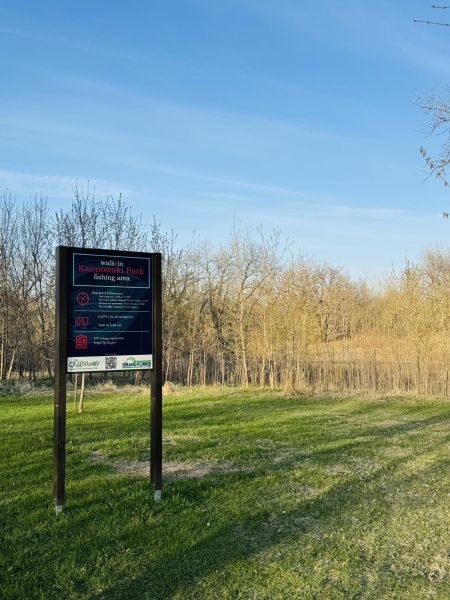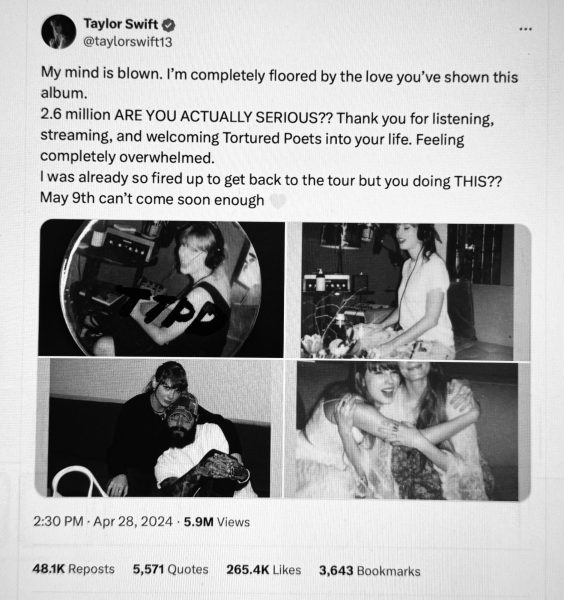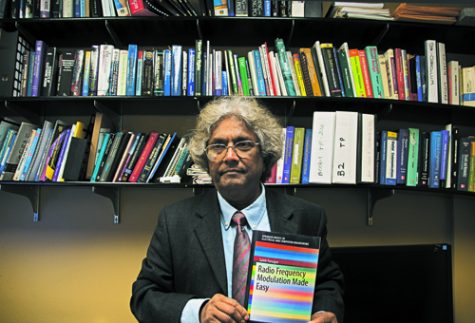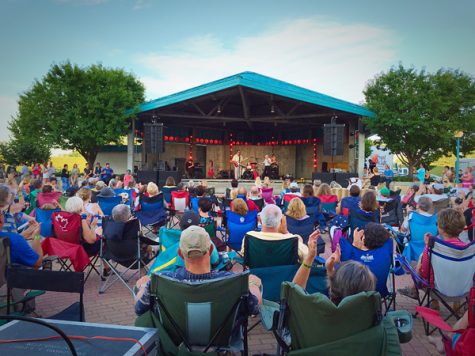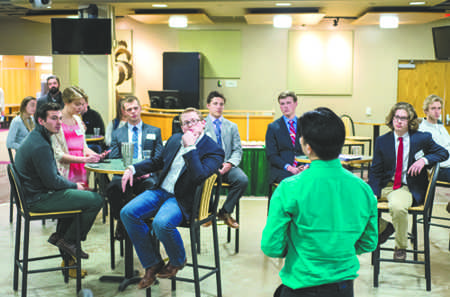Column: Stolen sisters
Time Out Week is hosted by UND from April 18 to 24 and consists of multiple events throughout the week to celebrate and educate about Native American culture.
The movie “Stolen Sisters” depicts the stories of indigenous victims and families of human rights violations in Canada.
In the documentary, it estimates that more than 500 First Nations women have been murdered or gone missing in violent circumstances in Canada in the past 20 years.
Another shocking statistic is that First Nations women in Canada are five times more likely to die under violent circumstances than a woman of any other race.
These statistics are astounding and unacceptable, but sadly true.
One of the stories is of a Saskatoon University student who vanished from a parking lot on May 18, 2004. The film follows her families’ efforts to investigate on their own, since the Saskatoon Police Service was not putting forth any effort to help, constantly making excuses and claiming that there was no evidence.
One horrible recent example of this is that of a missing Caucasian woman, for which law enforcement reacted immediately spending $150,000 to find her with the help of the National Guard. These resources would more than likely never be given to a victim of First Nation descent.
In the documentary, people of the general public were stopped and asked if they have ever heard of Paul Bernardo, a Canadian serial killer and rapist. The majority had said yes and correctly identified him as a serial killer and rapist. However, when the same individuals were asked about another Canadian serial killer named John Martin Crawford, they had no idea who he was.
The only significant difference was that Crawford’s victims were mainly Native American women, so the entire process was not reported and was sort of swept under the rug. Whereas Bernardo’s victims were mostly Caucasian women, his case was eventually all over the media in Canada and the US.
One major problem is that Native American women are overrepresented when it comes to victimization and underrepresented in response to crime. Police and investigators are acting and making decisions based on racial and ethnic stereotypes, which affect the effort they put into the case and ultimately the outcome, which is whether they find the victim or not.
For one of the victims in the documentary, she had gone missing after a night at the bar with her friend.
“She was at a bar playing pool and having a couple drinks, the normal thing for a young person,” police stated.
They proceeded to say there was no investigation necessary, denying that the victim was even missing and denying that there was any criminal activity at all. He claimed that because the victim had been drinking, she was probably out on the town and might have ended up somewhere. It was also mentioned that sometimes people leave for two weeks at a time and then come back, despite her family’s pleas that she wouldn’t do that.
Even with all of this obvious bias and discrimination, the police force still denies that they are not bias free in their investigations. This is one small reason that the rate of unsolved murders among native women is 10 times the national average.
One part of the documentary was on First Nations women involved in sex trafficking. One main assumption is that those women chose that lifestyle. But in reality, they had nowhere else to go because society doesn’t give these women the same opportunities as other groups of people.
Police often focus on the wrong details, such as if a victim was drinking or involved in sex trafficking, which has an effect on their investigation (if there is one). But even if the victims were involved in certain activities, they are still human beings that don’t deserve to be forgotten or treated any different. Sadly, this is happening everywhere, not just in Canada but across the U.S.
We as a society need to help this problem in any way we can. The number one way to help is to communicate and have a conversation. Documentaries such as this are shockingly real, as are others just like it. We need to get educated and help spread the word to make the world an equal place for everyone, not just the people we see in the news and media.
Journey Gontjes is a staff writer for The Dakota Student. She can be reached at [email protected]


